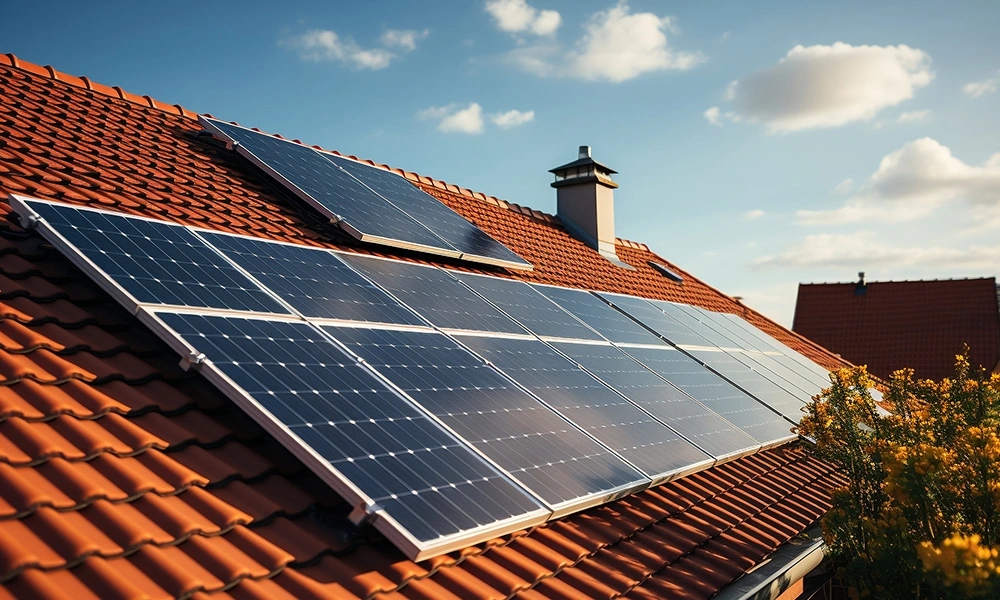- All
- Product Management
- News And Information
- Presentation
- Enterprise Branch
- FAQ
- Enterprise Video
- Enterprise Atlas
How does the efficiency of microinverters change on cloudy or rainy days
Release time:
2024-05-13 00:00

Reduced Light Intensity: During cloudy or rainy days, the intensity of solar radiation typically decreases. Since the output power of microinverters is based on the amount of light energy absorbed by the solar panels, the electricity generated will consequently be reduced under weaker lighting conditions.
Inverter Efficiency: Although reduced sunlight leads to lower power generation, the conversion efficiency of microinverters themselves usually does not significantly change due to weather. This means they still efficiently convert the received power into alternating current, but the output power decreases because the input power is reduced.
System Optimization: Microinverters can independently optimize the performance of each solar panel connected to them. Even if some panels are obstructed by rain or clouds, other unobstructed panels can still maintain high efficiency. This optimization helps maximize the overall system output under less than ideal weather conditions.
Temperature Effects: Generally, inverters operate more efficiently at cooler temperatures. Therefore, the lower temperatures associated with cloudy or rainy weather may positively impact inverter performance, partially offsetting the negative effects of reduced sunlight.
News












